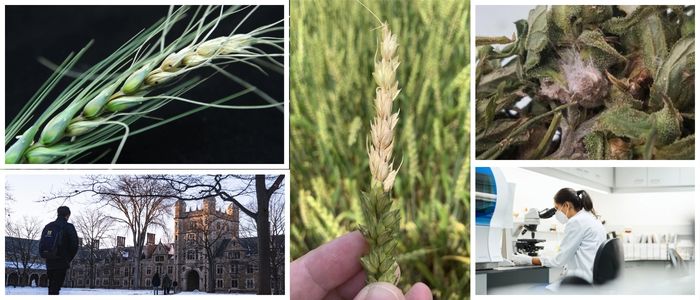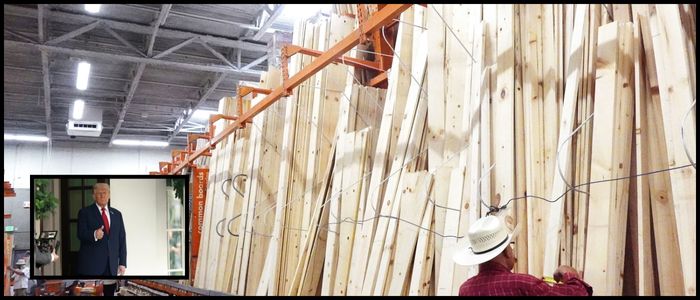Scientists Accused of Bringing in Fungus Illegally
Yunqing Jian, 33, and Zunyong Liu, 34, were charged with conspiracy, smuggling, visa fraud and making false statements. U.S. officials have accused the two of importing the harmful fungus Fusarium graminearum without proper permission.
Jian, who appeared in a federal court in Detroit, and Liu, who is believed to have returned to China, could not be reached for comment. Liu smuggled the fungus in packets inside hidden at the bottom of his backpack during a trip to the U.S. last year, the investigators said in the indictment. He at first told the officers he did not know what was in the baggies, but later said it was to be used for research at a University of Michigan laboratory. Jian worked there, and Liu had a former connection to the same lab.
Fusarium Graminearum and What You Need to Know
Fusarium graminearum is the primary pathogen responsible for Fusarium head blight in cereals including wheat, barley, maize, and rice. This disease results in about $1 billion in annual losses for wheat and barley growers, according to the U.S. Department of Agriculture.
The fungus infects crops early in their growth cycle, causing wheat heads to become a pale whitish-tan while making the grain shrink. It also creates a dangerous toxin called vomitoxin, which can render crops unsafe to both humans and livestock.
Symptoms from consuming vomitoxin can include throwing up, diarrhea, headaches, stomach pain, and fever!
Grain crops in the U.S. are regularly screened for toxins, such as vomitoxin before they are processed for human or animal consumption. If one lot is contaminated, the whole lot is ruined - a financial loss to farmers.
Why the Fungus Was Taken There Is Not Clear
The fungus is not new to the U.S., and while Jian and Liu are charged with smuggling, it isn’t unusual to find the spores in the country. It is already common in the East and Upper Midwest, and scientists have studied it for years.
Researchers frequently introduce alien species of plants, fungi , or insects so as to study their traits, including heat tolerance or chemical resistance. There are strict laws but even moving these materials across national or even state borders some special permits are needed. Why Jian and Liu decided to bring this strain without making the required declaration is not known.
Additionally, experts explain, investigating the genetic variation between strains — much like researchers investigate variation within human populations — can help shed light on how a fungus spreads, evolves, or even becomes resistant to treatments. But without legal authorization, importing these samples into the country doesn’t merely compromise safety but basic legal standards as well.
Top

Chinese researchers charged with smuggling crop-damaging fungus to U.S.

Two Chinese scientists are now seriously facing the muscular long arm of federal law from the United States after they were accused of smuggling a hazardous crop-destroying fungus into the country without adequate permission. This case comes during an era of heightened political tensions between the United States and China.











